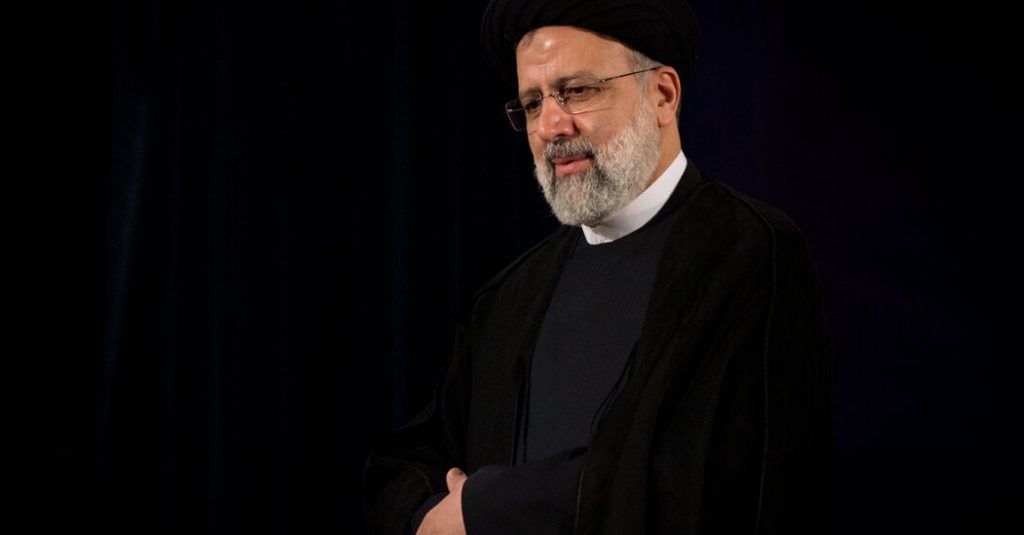Ebrahim Raisi, a hard-line religious cleric, was elected president of Iran in 2021. Known for overseeing a strategy to expand Iran’s regional influence, including backing militant proxies and expediting the country’s nuclear program, Raisi has also faced challenges during his tenure. Iran has experienced significant antigovernment protests and a severe economic downturn, driven by international sanctions and high unemployment. Despite this, Raisi has been seen as a possible successor to Ayatollah Ali Khamenei as supreme leader of Iran.
Raisi was born in 1960 in Mashhad to a devoutly religious family and became involved in Iran’s Islamic Revolution in 1979. As a religious scholar and protégé of Ayatollah Khamenei, Raisi climbed the ranks of the judiciary, eventually becoming Iran’s top judge. He is believed to have been involved in ordering the executions of thousands of political dissidents in 1988. Accused of human rights violations, Raisi is subject to sanctions by the United States and faces criticism from international bodies.
During his presidency, Raisi faced challenges such as large antigovernment protests following the death of a young Kurdish woman, Mahsa Amini, in police custody. The government responded with a brutal crackdown that included killings and executions. Iran has continued its uranium-enrichment program and ballistic missile program under Raisi’s leadership. Tensions between Iran and Israel escalated, leading to a shadow war that culminated in Iran launching a missile and drone attack on Israel after an Iranian-backed militant group raided the country in October.
Raisi’s presidency has been marked by both internal and external challenges, with backlash from antigovernment protests and ongoing tensions with Israel. Despite these obstacles, Raisi is considered a possible successor to Ayatollah Khamenei as supreme leader, highlighting his influence in Iran’s political and religious spheres. As a religious cleric with a background in the judiciary, Raisi’s presidency has been characterized by a mix of regional ambitions, human rights violations, and efforts to maintain stability within Iran.
Criticism of Raisi’s presidency stems from concerns over his involvement in human rights violations, including the 1988 executions, as well as Iran’s continued support for militant proxies and nuclear program. The severe economic downturn in Iran, exacerbated by international sanctions, has also put pressure on Raisi’s administration. Despite these challenges, Raisi’s leadership style and religious background have allowed him to maintain power within Iran’s political elite, positioning him as a key figure in the country’s future leadership succession. Ultimately, Raisi’s presidency has been a mix of regional ambition, internal unrest, and global criticism, highlighting the complexities of Iran’s political landscape under his leadership.


